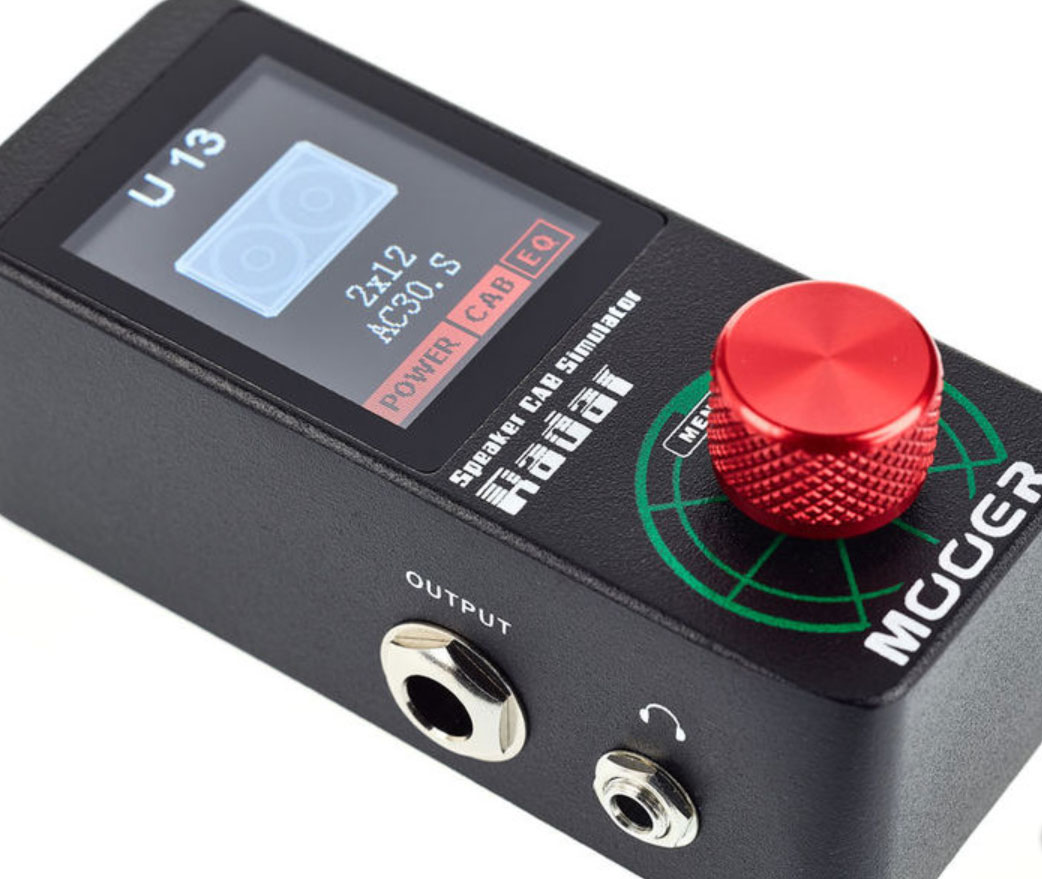
Orca's VCG comes with two modes, the first mode is proof annotation where loop invariants are annotated interactively during the proof. The VCG is equipped with Hoare rules for forward reasoning to automatically compute the strongest postcondition(SP) and backward reasoning to automatically compute the weakest precondition (WP).
#WEBOTS SIMULATION SPEAKER GENERATOR#
Automatic reasoning is supported via Orca's backend which consists of a verification condition generator (VCG) and a parallel version of sledgehammer. Orca extends isar to offer a nice front-end for parsing programs with a C-like syntax.

Orca comes with a set of Isabelle/HOL rules for Hoare Logic and laws of programming for the standard programming operators as well as non-trivial rules for modular reasoning. This supports genericity by allowing application of the underlying verification theorems to various languages. A novelty of Orca is the ability to tackle a variety of language aspects at the semantic level by leveraging the semantics combination facilities of Hoare and He’s Unifying Theories of Programming. A n.Ībstract: We present Orca, a functional correctness verifier based on Isabelle/UTP. Orca: a functional correctness verifier based on Isabelle/UTPĪbstract: We present Orca, a functional correctness verifier based on Isabelle/UTP.The aim of this talk is to provide an overview of the epistemic and temporal epistemic logics of authentication. To promote the specification and verification power of these logics, researchers try to construct them in such a way that they preserve some properties such as soundness, completeness, being omniscience-free, or expressiveness. However, such logics may fail to detect some attacks.

As there are many successful attacks on authentication protocols, different formal systems, in particular epistemic and temporal epistemic logics, have been developed for analysing such protocols.

For instance, to ensure maximal progress internal events can be prioritised over tock using a prioritise operator, whose denotational semantics is given in the finite-linear model. The most recent version of FDR provides support for tock-CSP, including specific operators. Previous approaches have focused on traces refinement only or not considered the role of deadlines. Analysis, however, has traditionally used the standard semantics of CSP, which is inadequate for reasoning about timed refinement. The dialect tock-CSP embeds a rich and flexible approach for modelling discrete timed behaviours with powerful tool support using the CSP model checker FDR. Of January 2019, 12h30, PZA/022 (Piazza Building)Ībstract: Specifying budgets and deadlines using a process algebra like CSP requires an.Ībstract: Specifying budgets and deadlines using a process algebra like CSP requires an explicit notion of time.


 0 kommentar(er)
0 kommentar(er)
